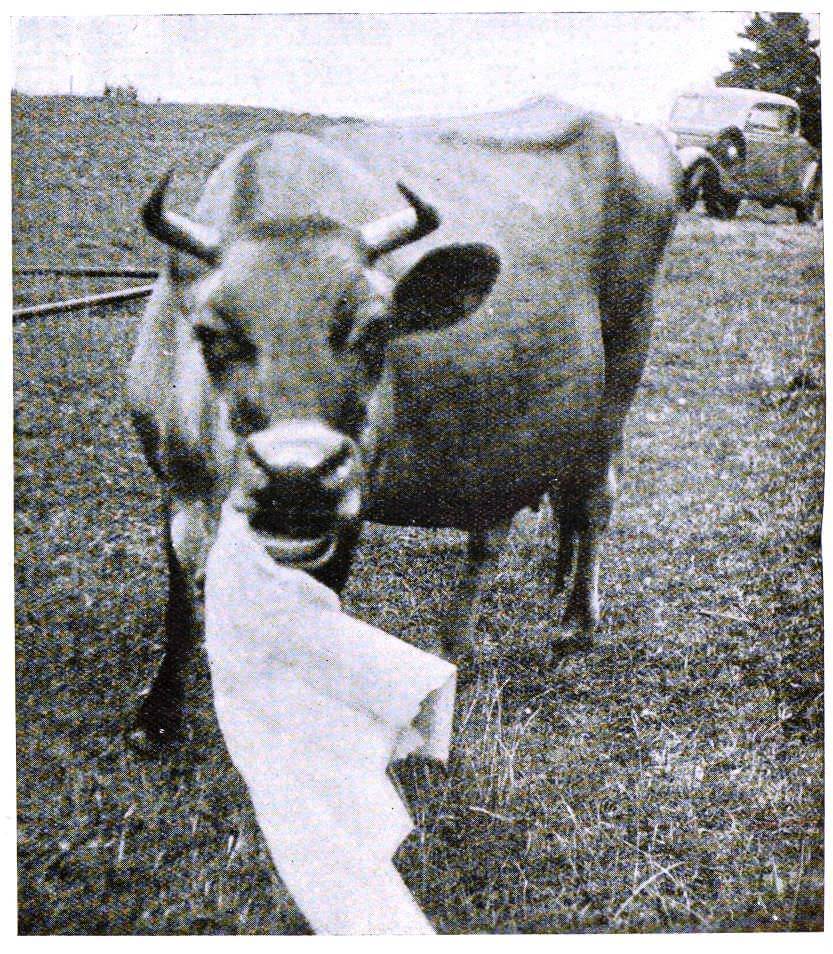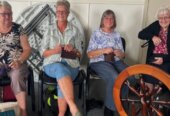Campers in 1937 in the Waikato district were glad to see the sun after three waterlogged days.
The weather change came at a time when 90 per cent of campers had capitulated, clambering into their cars to seek refuge back at their homes. The holiday period for campers proved one of the worst since camping had come into vogue over in the past decade. Those returning home then had a distasteful experience on roads which were either flooded or blocked by slips.
Most unmetalled back roads were blacklisted by the Automobile Association. South of Te Awamutu between Kihikihi and Tokanui where the Great South Road was under reformation was most unpleasant travelling and cars were required to negotiate thick slush strewn with huge potholes. For those at Te Awamutu who did brave the conditions and stay camping – a cow broke into their stores and ate the newspaper.
In 1919 the Te Awamutu and Kihikihi Town Bands gave performances on Christmas Eve and Christmas morning. They played grand old hymns, and the Te Awamutu Band, assisting a relief fund for a local man losing his sight, collected donations. Under Bandmaster Newsome, various streets in Te Awamutu were visited. The Main Trunk Express at 3am to Auckland was met at the station by the band and carols were played on the platform, to the great enjoyment of even the sleepiest of passengers. The Kihikihi Town Band, punctually at midnight between Christmas Eve and Christmas Day, started playing in the main street.
A start was then made by motor, and a very enjoyable tour of the district resulted. Mr Kennedy supplied extra light for playing by from his car, and Mr Temple lent valuable assistance with his acetylene lamp. On arriving in town again about 4am, hearty cheers were given.
Christmas 1896 in Ōhaupō was a very quiet one with nothing to show that it was the greatest festival of the Christian Church, except a morning service held in two of the churches. After church people went to their houses to eat their Christmas dinners of roast beef and plum pudding and lay down to sleep, for the day was a scorcher. In the evening very few people were seen – a stark contrast for British settlers who were used to drunk revellers. Now they were at the other end of the world, and things were turned upside down, no-one befuddled was to be met with.
In 1945 the 78th annual meeting of the Alexandra Racing Club was to be held at Pirongia on Boxing Day and promised to eclipse all previous meetings. Improvements had been made to the course, and the Auckland Racing Club had given a £25 trophy for the winner of the cup. This generous action from the most influential racing club in New Zealand to the oldest was much appreciated.
Interesting racing was usually seen at Pirongia, and local residents who had Christmas visitors could not do better than take them to Pirongia on Boxing Day. The hospitality and friendliness of the people was well known, and the picnic parties that gathered on that day were always numerous and happy.

Cow eating camper’s stores, Te Awamutu, 1937









